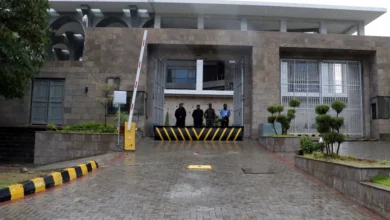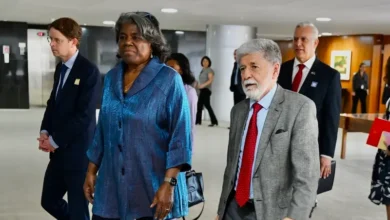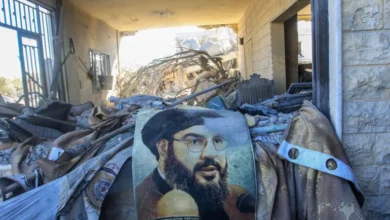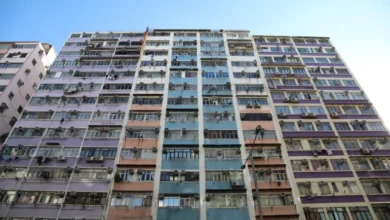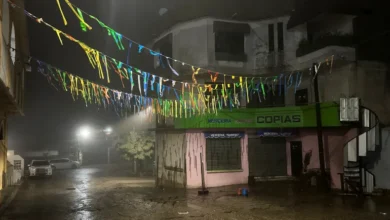Is Israel backing out of the Lebanon ceasefire terms?
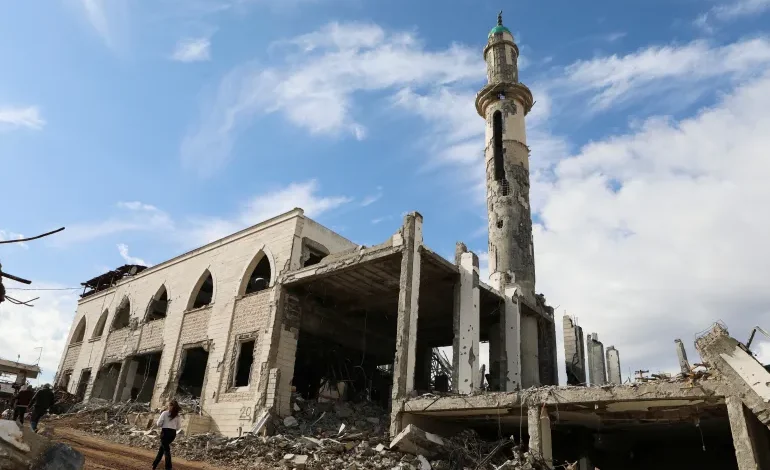
Confirming what many observers have concluded, Israeli paper Israel Hayom says Israel may decide to stay in south Lebanon beyond the 60-day withdrawal period specified in a ceasefire.
The failure to withdraw in 60 days would be yet another violation of the US and France-backed ceasefire agreement reached on November 27 between Lebanon and Israel.
Israel has already violated the agreement hundreds of times.
But what would Israel’s failure to withdraw from South Lebanon mean after this 60-day period? Here’s what you need to know.
What’s happening?
Since the ceasefire, Hezbollah has stopped launching rockets into Israel and Israel has stopped the relentless bombing of Beirut’s suburbs, eastern Bekaa Valley and south.
But Israeli troops are still in the south, blowing up and demolishing homes and other infrastructure.
They also prevented people from returning to their homes in the south, fired at Lebanese citizens, and killed at least 33 residents of Lebanon in the last month.
Israel is supposed to withdraw its troops from south Lebanon within 60 days of November 27, to be replaced by UNIFIL troops, followed by the Lebanese army.
But Israel now claims that Hezbollah’s extensive weapons in the south and their efforts to rebuild may lead them to “reconsider” the timeline for withdrawal.
What happens if they don’t live up to their promise?
Nothing.
There is no mechanism to enforce the ceasefire deal other than a reinitiation of hostilities.
Sources at a Western embassy told Al Jazeera that the only implementation guarantees were US promises that Israel would abide.
Hezbollah could ostensibly restart firing rockets into Israel but they’re unlikely to want to re-engage.
Hezbollah previously responded to Israeli violations by shooting a warning rocket at a military site in the Kfarchouba Hills on December 2 that landed in open space and had no casualties.
Israel retaliated by killing nine people in Lebanon.
What are the terms of the ceasefire?
Israel is to withdraw all its troops from south Lebanon in 60 days and Hezbollah is to move its military infrastructure north of the Litani River with the Lebanese army deploying into south Lebanon.
What about all the southerners who want to go home?
The immediate aftermath of the ceasefire agreement saw people leave the makeshift shelters – mostly set up in schools around the country – that had housed them for more than two months.
On the second day of the ceasefire, Israel’s Arabic-language military spokesperson effectively announced the entirety of the south was a no-go zone.
Some people say they visited their villages on the first day of the ceasefire only to be blocked from going back after.
Many southerners are either in villages as close as possible to their villages or are staying with family in zones that the Israelis are not occupying or barring people from.
